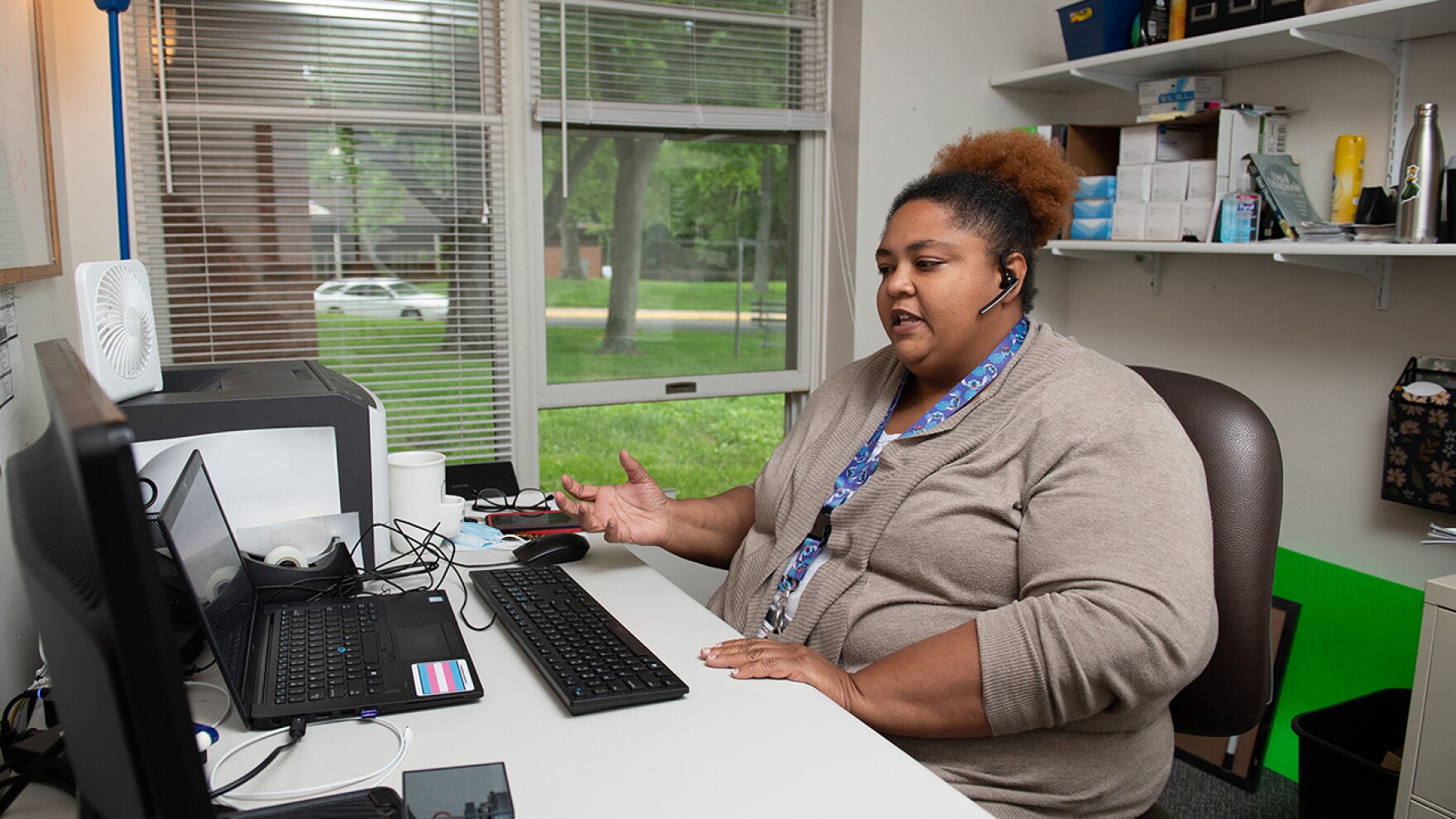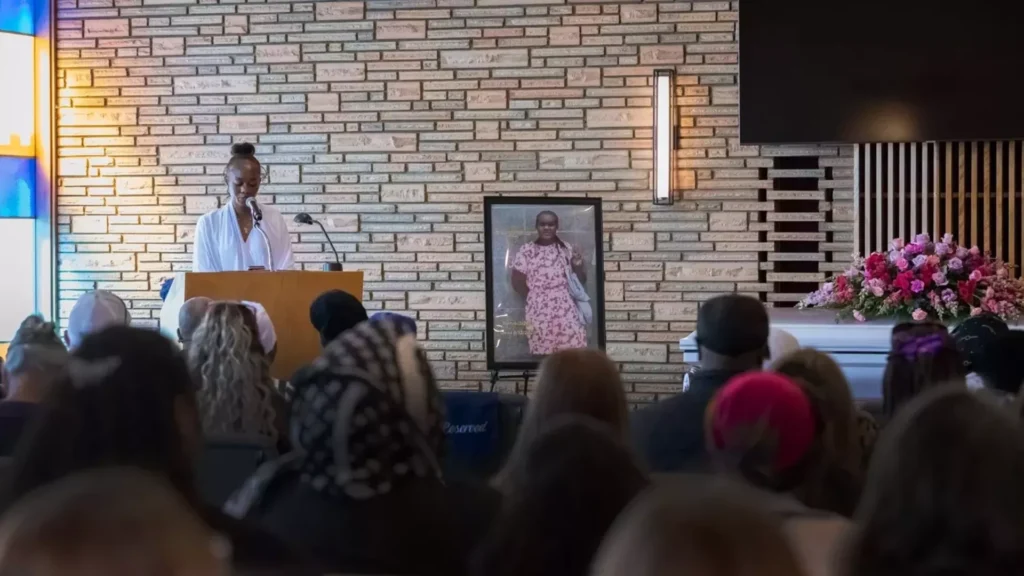A new national mental health crisis line launches soon. Some states aren’t ready.

Side Effects Public Media, June 13, 2022, by Carter Barrett: Staff at Memorial Behavioral Health in Springfield, Illinois, are on call around the clock to talk with people struggling with suicidal thoughts, drug addiction or other mental health crises. They provide a listening ear and help connect people to resources or crisis support, if needed.
Until recently, the hospital’s call center was operated 24/7 by on-call nurses and other clinical staff. But at times when everyone was tied up with patients, calls would go unanswered, bumping the caller to the nearest available call center.
“Staff would answer the phone 24/7, but if they were busy with intakes or with residents … then they wouldn’t be available to take the call,” said Diana Knaebe, president and system administrator of Memorial Behavioral Health.
Across the state, Illinois-based call centers answered just 1 in 5 in-state calls to the lifeline in the first three months of 2022. The other 80 percent were redirected to other states. Illinois has the lowest in-state answer rate in the nation, lagging far behind others. The state with the second-lowest rate, Texas, answered 40 percent of its calls during that same time period.
Letting so many calls go unanswered wasn’t ideal, but without state or federal support, Knaebe said it was the best they could do.
The center has since received federal funding to beef up their call center. It’s part of the rollout of a new national mental health crisis number, 988, that proponents hope will make it easier for more people to connect with the National Suicide Prevention Lifeline for help starting July 16.
Read more at Side Effects Public Media here.
If you or someone you know is struggling with suicidal thoughts, help is available. Contact the National Suicide Prevention Hotline at 800-273-8255 or the Crisis Text Line by texting HOME to 741741.




